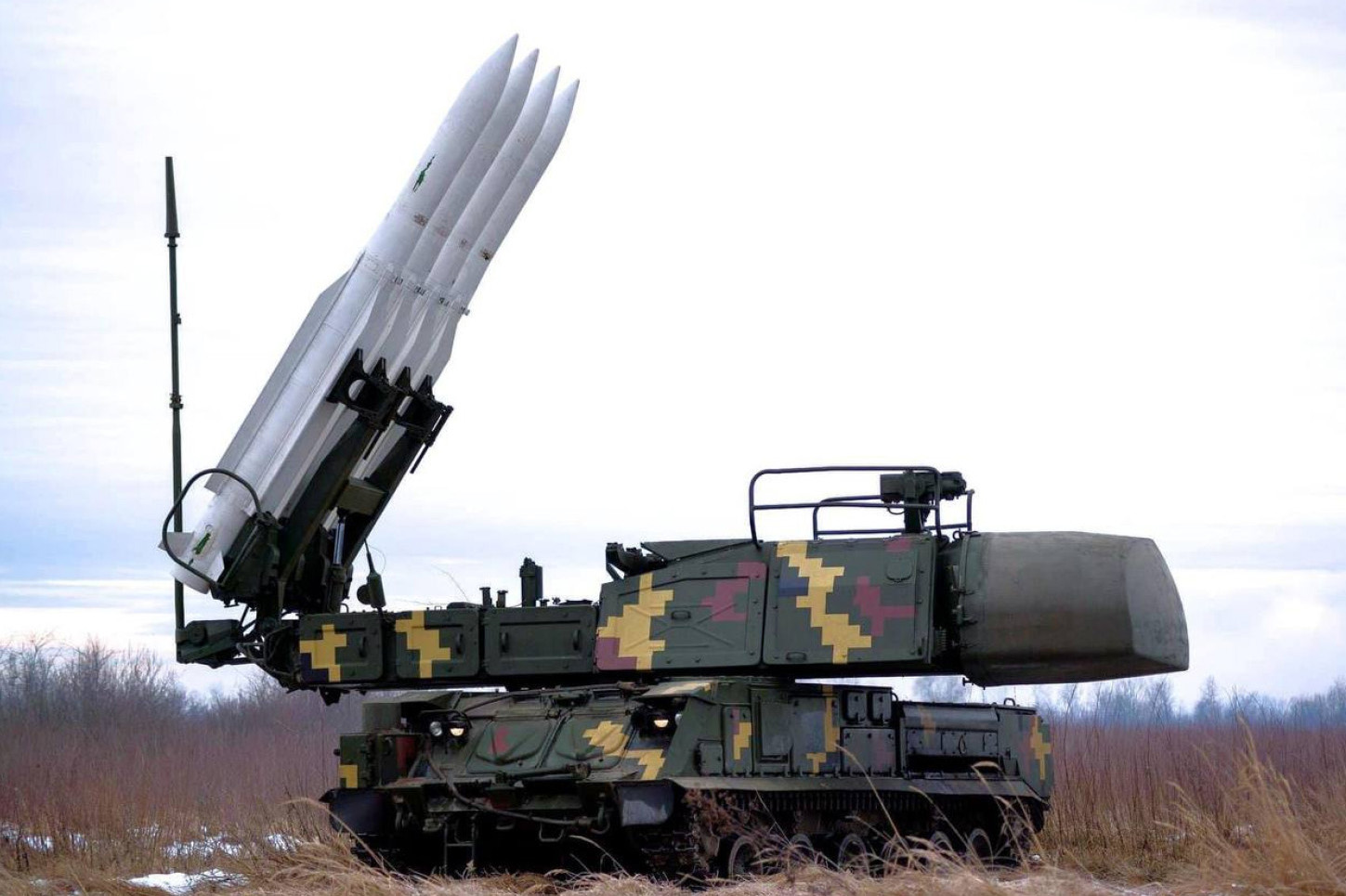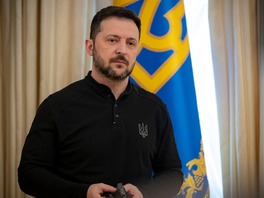On Thursday, December 7, it was announced that the Pentagon, the Ministry of Defense of Ukraine, and the Ministry of Strategic Industries signed a declaration of intent for joint production of weapons and exchange of technical data. In simpler terms, the U.S. and Ukraine have agreed to collaborate on manufacturing hybrid air defense systems. Apostrofe delves into the specific attributes of this weaponry and its ability to safeguard Ukraine's infrastructure.
Reasons Behind the FrankenSAM
The agreement on joint development of hybrid air defense systems was inked during the U.S.-Ukraine defense-industry conference in Washington. Attended by approximately 350 representatives from the industries and governments of the U.S., Ukraine, and Europe, the conference focused on discussions about ramping up arms production to support Ukraine.
Аs U.S. officials noted, the collaboration will focus on anti-aircraft defense systems, critical ammunition production, and military vehicle repairs.
According to The White House, the Pentagon and its allies have provided Ukraine with technologies required for production of hybrid air defense systems under the FrankenSAM program. The project aims to enhance outdated anti-aircraft defense systems by incorporating certain Western munitions.
‘The program has been developing the fall of last year. It was a necessary move because most Western countries are reluctant to diminish their own defense capabilities by transferring their anti-aircraft missile systems. Should it be mentioned, what are these systems? They encompass not only the launch platform but also radar stations and charging machinery. In essence, it involves multiple components designed to operate and are already operational in air defense,’ military expert Mykhailo Zhirokhov stated in a comment to Apostrophe.
It's worth noting that last winter, Ukraine faced extensive missile attacks by Russians targeting its energy infrastructure. As a result, all regions, including the capital, were plunged into darkness, necessitating a shift to alternative energy sources. The country's economy and its citizens suffered, enduring days without electricity and the associated conveniences. Ukraine faced a shortage in air defense systems, and aggressors exploited this vulnerability. To safeguard the skies, Ukrainian defense forces predominantly relied on aging Soviet-era Buk anti-aircraft missile systems.
After Russian assaults, Ukrainian authorities sought help from their American counterparts to procure missiles for around 60 "Buk" anti-aircraft missile systems and radars. This proved challenging as Russia produces the missiles for the Buks. The decision was then made to upgrade the launch platforms to accommodate NATO-caliber munitions. This initiative was dubbed FrankenSAM.
What is the FrankenSAM Program?
Defense analyst and Chief Editor of Defense Express, Oleh Katkov, explained the specifics of all three joint Ukrainian-American projects in a comment to Apostrophe:
‘FrankenSAM encompasses three distinct projects. The first involves adapting AIM-9M Sidewinder short-range air-to-air missiles, which are capable of independent target guidance. Combining them with radar systems could potentially provide additional information about the target. From a pragmatic standpoint, AIM-9s could be deployed on platforms like anti-aircraft missile complex Strila-10.
The second project involves adapting RIM-7 Sea Sparrow missiles for the "Buk" anti-aircraft missile system with a medium range of approximately 20 km. This is, incidentally, a pragmatic solution for Ukraine, given the sufficient availability of launch platforms and the practical absence of missiles for them.
The third project of the program involves a hybrid of missiles and launchers, combining Ukrainian radar systems with Patriot technology. As for the specific radar systems, I cannot specify, but it's worth noting that Ukraine manufactures them in sufficient quantities. Regarding Patriots, their transfer is complex in the legal terms and conditions, and they are rather costly, with a significant portion of expenses attributed to the radar system itself. Therefore, the creation of such a hybrid is a fantastic solution.’
Oleh Katkov considers the FrankenSAM program to be unique, Mikhailo Zhirokhov agrees with him.
‘The Patriot systems can intercept ballistic missiles. The BUK S-300 systems can take down aircraft and even cruise missiles. Short-range systems handle drones. And all of this has to work together. Hence, it's a complex training system that requires our anti-aircraft crews to be somewhat versatile and capable of engaging different targets. No one else in the world has built such a system. We are pioneers. We are finding solutions that enhance air defense,’ Zhyrokhov says.
Each of these projects holds significant importance in enhancing Ukraine's air defense capabilities. Equally noteworthy is the fact that the project will be implemented in Ukraine, impacting the time needed for system deliveries to the military and the ability to service and repair them directly in the country.
Experts are confident that the Ukrainian experience will continue to be utilized, not only domestically but also by Western countries.
‘No one else has had such experience because no one has witnessed modern wars of such intensity,’ Oleh Katkov summarized.





